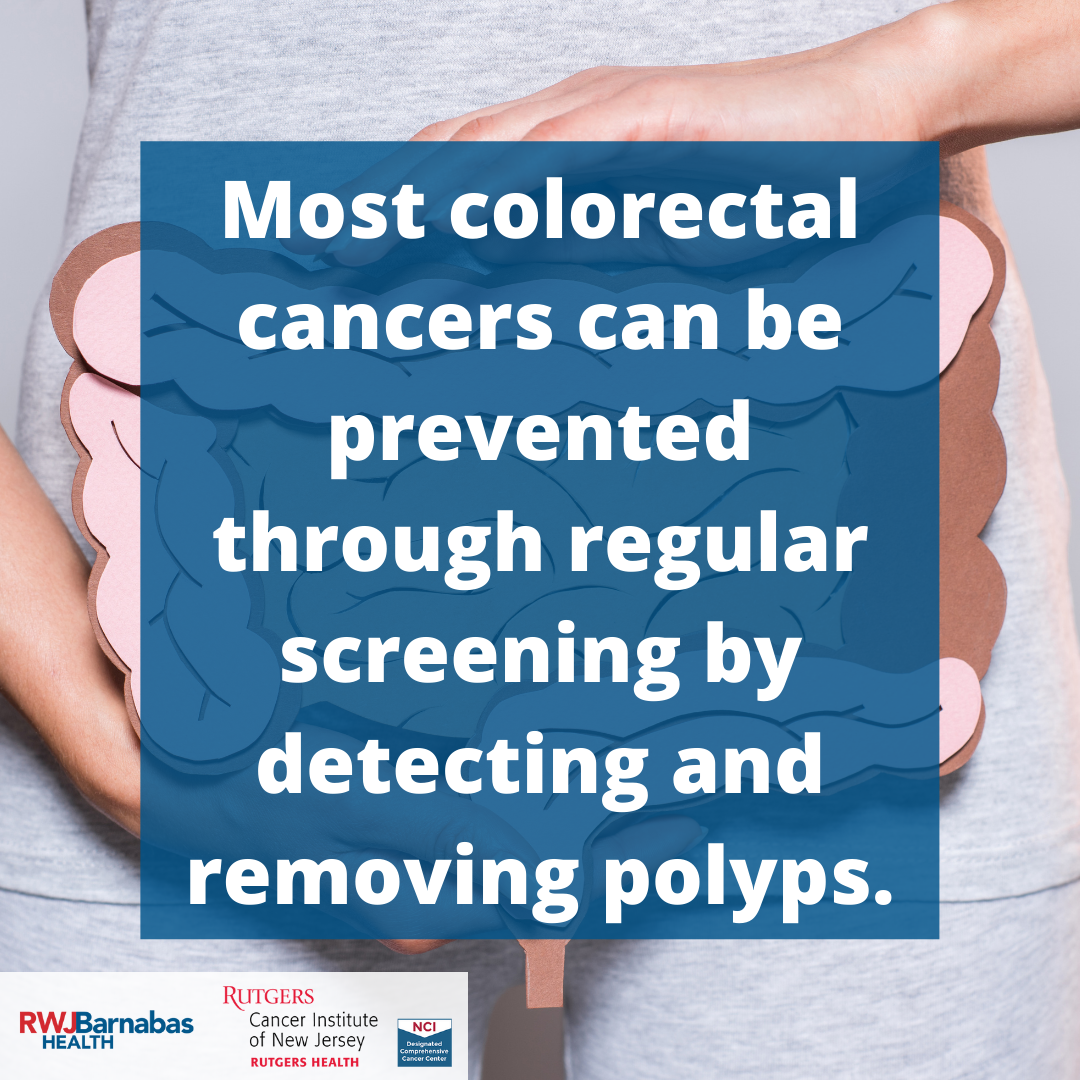
New Brunswick, N.J., March 1, 2022 –By raising awareness about colorectal cancer and minority health disparities, communities, organizations and health professionals can take action toward prevention and early detection. Anita Kinney, PhD, RN, FAAN, FABMR director of the Cancer Health Equity Center of Excellence at Rutgers School of Public Health and Rutgers Cancer Institute of New Jersey, associate director for Population Science and Community Outreach and Engagement at Rutgers Cancer Institute of New Jersey, professor of biostatistics and epidemiology at Rutgers School of Public Health and director of ScreenNJ, a statewide cancer screening program that aims to increase screening for colorectal and lung cancer, shares more about barriers and available resources.
Why screen?
Screening saves lives. According to the American Cancer Society, colorectal cancer is the third most common type of cancer in both men and women, and is the second leading cause of cancer-related death in the U.S. Most colorectal cancers can be prevented through regular screening through detection and removal of polyps. It is typically recommended that colorectal cancer screening for men and women begin at age 45.
What resources are available and how do I learn more about them?
Whether through enhancing screening awareness, offering innovative treatments or developing new therapies through research, Rutgers Cancer Institute in partnership with RWJBarnabas Health remains a statewide resource that advances our understanding and treatment of colorectal cancer. To help reduce the incidence of colorectal cancer, ScreenNJ was developed under the leadership of Rutgers Cancer Institute in partnership with the New Jersey Department of Health. This resource can be utilized to find local colorectal (as well as lung) cancer screening programs and information about the types of testing and benefits.
Is there a link between colorectal cancer and racial disparities?
The National Cancer Institute’s latest Cancer Trends Progress Report shows that over the past decade, the overall rate of screening for colorectal cancer in the United States has slowly increased. Compared with non-Hispanic whites, screening rates have improved but still lag among Blacks and have remained low among Hispanics/Latinos. Colorectal cancer disproportionately affects people from low socioeconomic backgrounds and some racial minorities. These disparities may result from differences in exposure to risk factors such as unhealthy diet, limited access to screening, or lack of access to treatment or resources. Researchers at Rutgers Cancer Institute of New Jersey, and the Cancer Health Equity Center of Excellence in partnership with the Rutgers School of Public Health, address cancer health disparities through research and program initiatives.
Rutgers Cancer Institute in partnership with RWJBarnabas Health remains a statewide resource in advancing our understanding about colorectal cancer. Request a colorectal cancer screening appointment: rwjbh.org/colonscreening
##
For journalists – contact:
Krista Didzbalis
Media Relations Assistant
732-507-8307
krista.didzbalis@rutgers.edu
For patient appointments/inquiries – contact:
844-CANCERNJ (844-226-2376)

